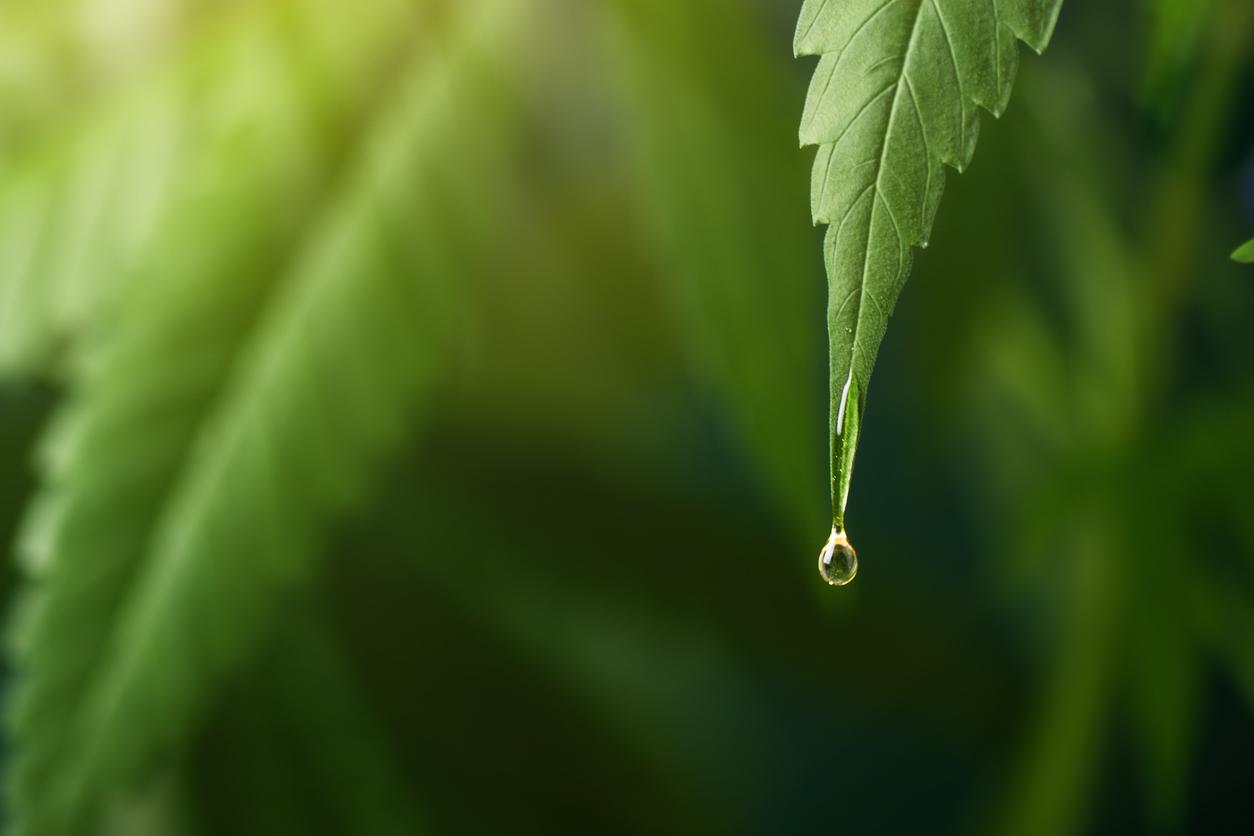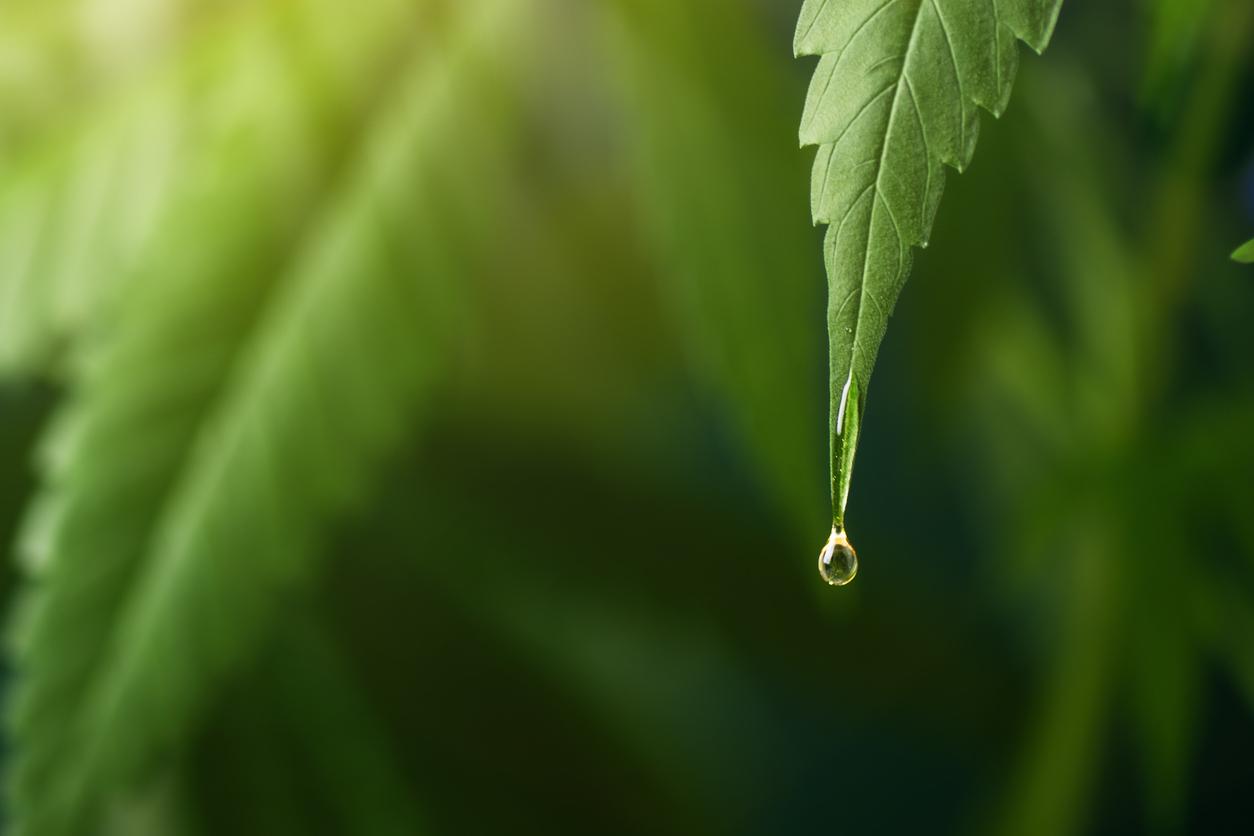Developing safer cannabis for people prone to its most severe side effects may be possible. This is revealed by a study conducted by researchers at Western University.

Paranoia, anxiety, addictive behaviors… It has already been proven that these increased psychiatric effects in people who use cannabis can be caused by strains of the product containing high levels of THC – delta-9-tetrahydrocannabinol, the main psychoactive chemical substance in cannabis. cannabis – and low in CBD – cannabidiol. However, the reason why this reaction occurs remained unknown.
It is to obtain answers that researchers from Western University worked on the role of a molecule located in the hippocampus: ERK (extracellular-signal regulated kinase), which triggers the neuropsychiatric effects of THC. By conducting experiments on rats, scientists – including the study was published on September 30 in The Journal of Neuroscience – identified for the first time the molecular mechanisms by which CBD can block the psychiatric side effects caused by THC.
Cannabidiol, able to reverse the anxious and addictive behavior caused by THC
Rats injected with THC had higher levels of active ERK. Thus, they showed more anxiety and were more susceptible to fear-based learning. Conversely, the rats that the researchers gave CBD as well as THC had normal ERK levels. They were therefore less anxious and less susceptible to fear-based learning.
The researchers concluded that CBD blocks the ability of THC to overstimulate the ERK pathway and thus prevents its negative side effects. Another discovery: alone, CBD has no effect on the ERK pathway. “However, by co-administering CBD and THC, you completely reverse the direction of the change at the molecular level,” explains the study’s lead author, Roger Hudson, in a item published on the Western University website. CBD was also able to reverse the anxious and addictive behavior caused by THC.”
“Opening the door to a new molecule”
The researchers do not intend to stop there. They have already planned to continue their identification of the specific characteristics of this molecular mechanism. To do this, they will examine ways to engineer THC with fewer side effects and improve the effectiveness of CBD-derived products.
“Our work has important implications for the prescription of cannabis and for its long-term use. For example, for individuals more prone to the side effects of cannabis, it is critical to limit consumption to strains with high CBD and low THC content, assures Professor Steven Laviolette, member of the research team. More importantly, this discovery opens the door to a new molecule to develop more effective and safer THC formulas”.
.

















